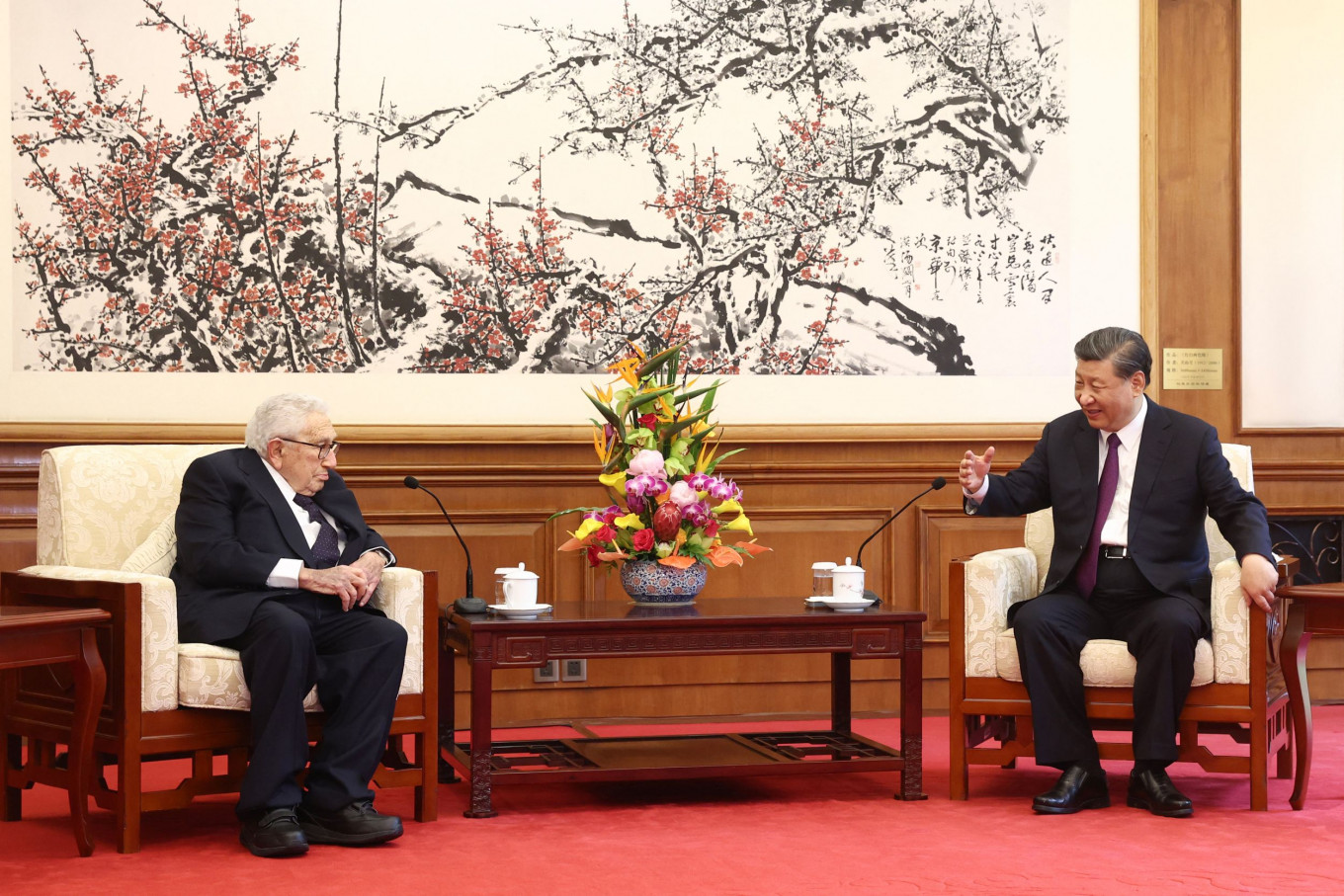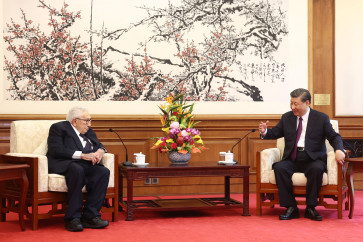Popular Reads
Top Results
Can't find what you're looking for?
View all search resultsPopular Reads
Top Results
Can't find what you're looking for?
View all search resultsKissinger at 100 and the aftermath on past and present Southeast Asia
At least many of the people affected cannot remember who Kissinger was, as the incessant bombings in some parts of Cambodia, Laos and Vietnam have made it difficult for them to have a perfect recall.
Change text size
Gift Premium Articles
to Anyone
With the demise of Henry Kissinger at 100, United States foreign policy might have closed one chapter only to open a new one. Only, instead of a new chapter, a new book probably has to be written on it.
The most definitive book on US foreign policy was not The White House Years which Kissinger penned, let alone, Does America Need A Foreign Policy? by the likes of Niall Ferguson and Water Isaacson on Kissinger’s biography. Rather, it was all the books that were never written on Kissinger’s close relationship with former mentor, minister Lee Kuan Yew of Singapore.
While the world tends to see Kissinger as the ultimate strategist in gaming the balance of power having pulled a Communist China in 1972 to the side of the US to pitch Beijing against the Soviet Union (USSR), the truth lies a bit deeper.
James Mann, long-time columnist of the Los Angeles Times on Sino-US relations, chronicled in his book The About Face way back in 1997 that the fillip on Sino-US foreign policy paired against the USSR could be traced to Michael Pilsner.
In 1969-1979, Michael Pilsner, author of The Hundred Years Marathon: China's Secret Plan to Out Rival The US, was merely a PhD student in political science who believed – deeply – that chairman Mao had sent enough signals to demonstrate China’s serious mistrust of the USSR. What Washington ought to do, he believed, was seize the chance.
Understanding that the US and China shared a close relationship with Pakistan, Kissinger, who was then-national security advisor to president Richard Nixon, used Islamabad as an intermediary to reach out to then-premier Zhou Enlai of China.



















